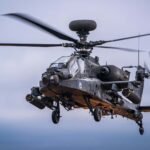In a time of increasing tension in the Middle East, two U.S. lawmakers, Josh Gottheimer (D-NJ) and Mike Lawler (R-NY), have introduced a bipartisan bill to the House, the ‘Bunker Buster Act of 2025’, which would authorize the President of the United States to provide Israel with GBU-57 Massive Ordnance Penetrator (MOP) bunker-busting bombs and aircraft capable of using them, possibly including the B-2 Spirit strategic bombers, if Iran were to restart its nuclear program. The legislative initiative arises from an ever-growing urgency in Washington: to stop Iran before it can acquire a nuclear weapon. According to the proponents, the country has long since surpassed the limits imposed by the 2015 nuclear agreement (JCPOA), enriching uranium far beyond the stipulated 3.67% threshold and accumulating quantities that, according to IAEA, would be enough to build several atomic devices. Josh Gottheimer stated: ‘Iran … has killed dozens of Americans … Israel must be able to defend itself … there should be nothing partisan about our national security’ Mike Lawler added: ‘This bill provides the president with the power to equip Israel with the tools and training necessary to deter Tehran and make the world a safer place’. A move without precedent: If passed, the ‘Bunker Buster Act’ would give the President of the United States the power to take a series of measures to strengthen Israel’s preparedness, if Iran continues the development of a nuclear weapon. These actions are dependent on specific conditions, including a formal request from the Israeli government and a presidential certification to Congress endorsing the significance for American national security. Provisions include the potential to build adequate infrastructure in Israel for the use of high penetration ordnance like the MOPs (_Massive Ordnance Penetrator_), including extended runways, ammunition depots and aircraft basing installations capable of carrying such ordnance. The use by Tel Aviv could only occur under certain conditions: for example, that Iran is in violation of the NPT safeguard agreement, that there are no operational alternatives for Israel, and that there is a joint control system in place. In this case, the use of such weapons would require the explicit authorization of the President of the United States through the Defense Secretary. The text also provides the option to supply Israel with the necessary aircraft for the use of the MOPs, which are currently only the B-2 Spirit strategic bombers, and to train Israeli personnel for the use of these systems. It also includes provision for bilateral cooperation in research and development, aimed both at improving U.S. ordnance and at developing Israeli capabilities targeted at neutralizing underground infrastructures, including Hezbollah’s rocket storage and production sites. The transfer of B-2 bombers to an ally would mark a historic precedent: the United States currently only has 19 operational examples of this strategic stealth aircraft, designed to penetrate enemy air defenses and drop both conventional and nuclear ordnance. The GBU-57 Massive Ordnance Penetrators (MOPs), which can penetrate up to 60 meters of reinforced concrete or rock before detonation, are weapons reserved for contexts of high strategic priority, and the available inventory of this weapon, though classified, is believed to be in the order of twenty.
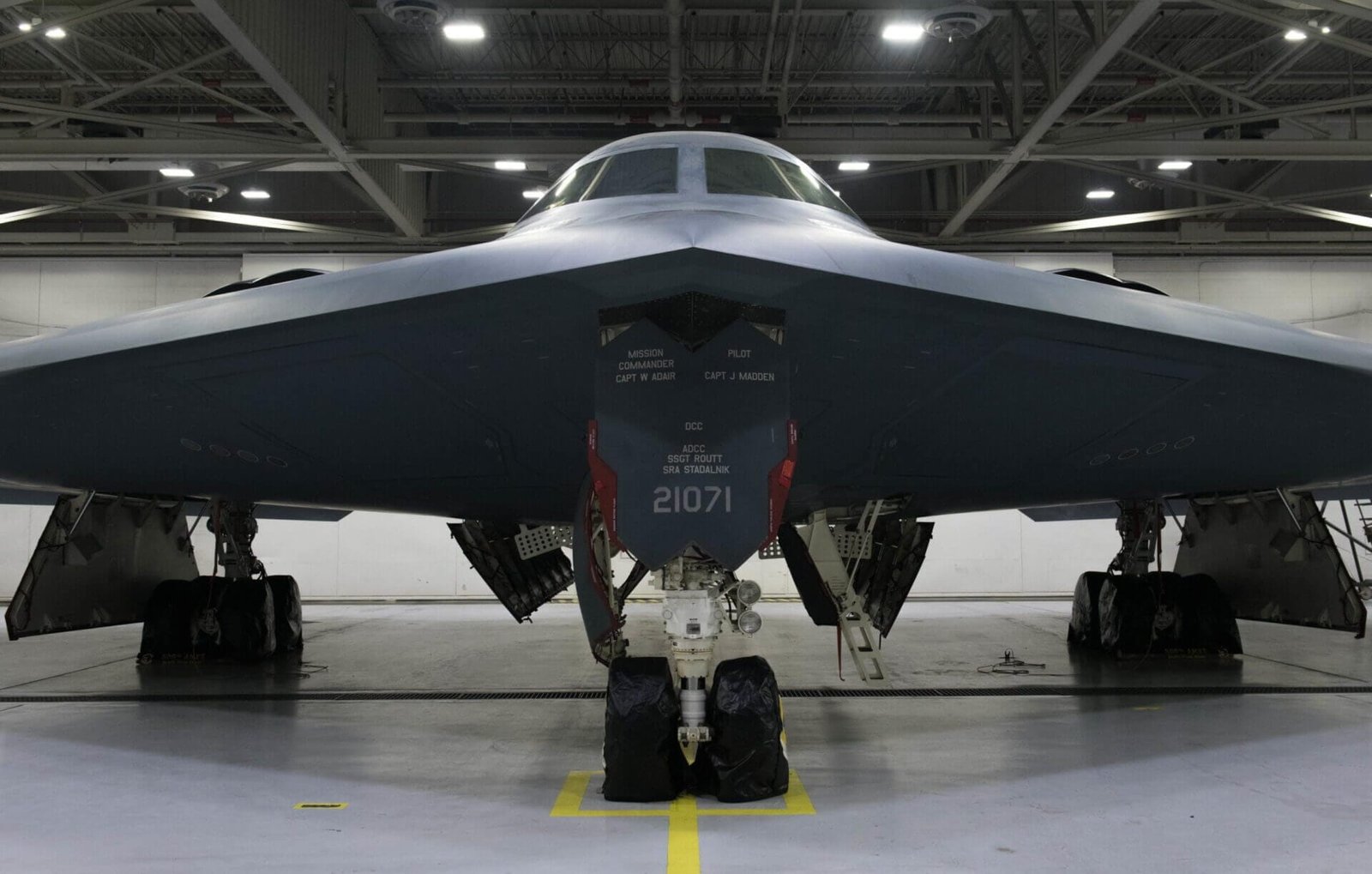
Latest from United States
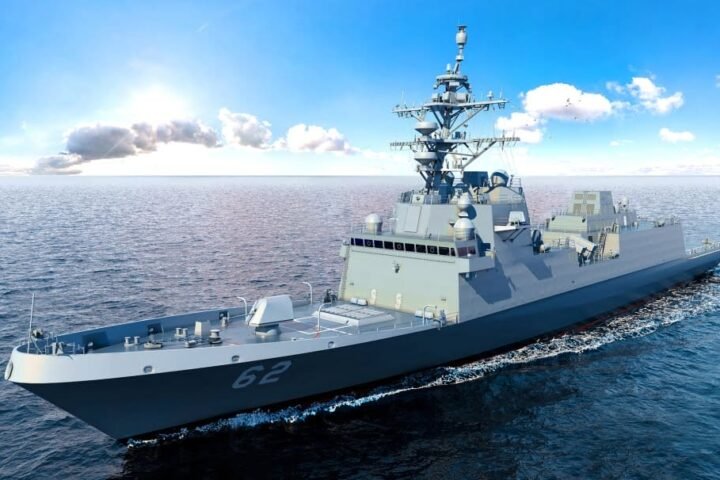
Constellation Frigates: US Navy Ceases Orders in FY2026 but Continues with Six Ships under Construction
**No new orders** for the Constellation-class (FFG-62) missile frigates are planned in the US Navy’s FY2026…
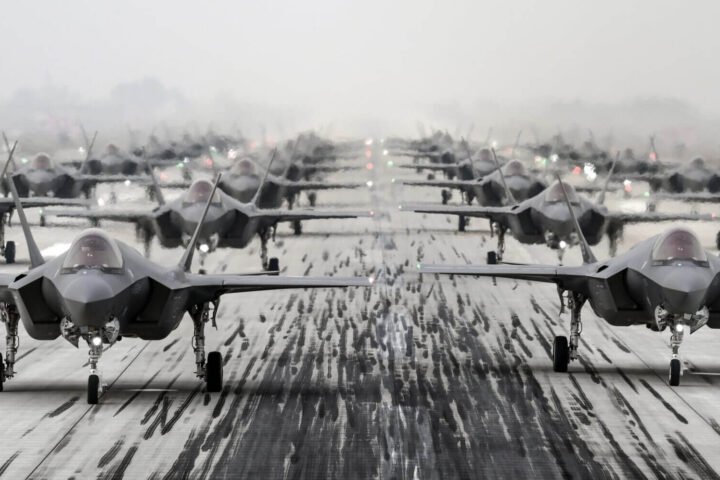
USAF F-35A: Fewer Aircrafts, More Power with APG‑85 Radar
The Air Force’s FY2026 budget request for the Joint Strike Fighter (JSF) F-35 Lightning II program…
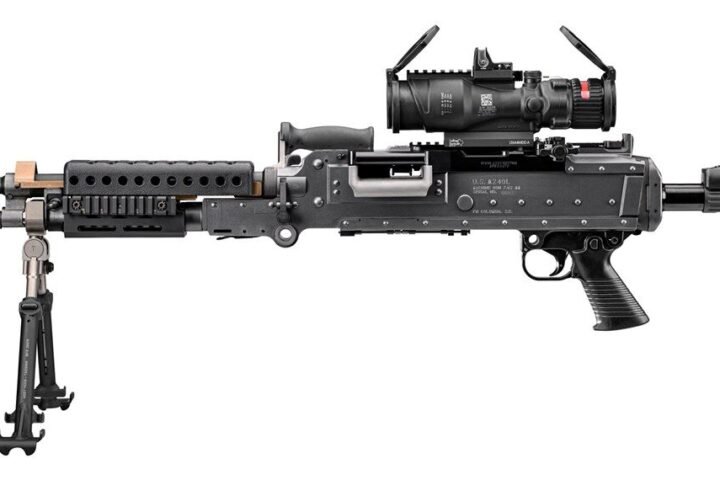
FN M240L Medium Machine Guns for the US Army
In the United States, FN America LLC has announced that it has won a $4.9 million…
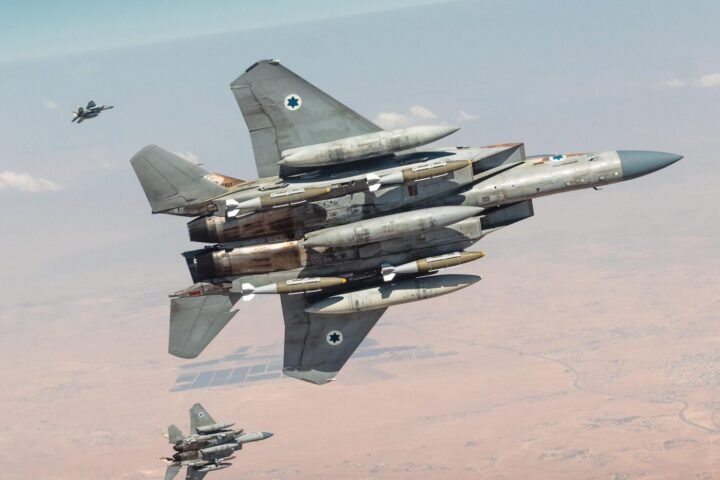
JDAM Kit for Israel
In the United States, the Department of State has decided to approve a possible Foreign Military…
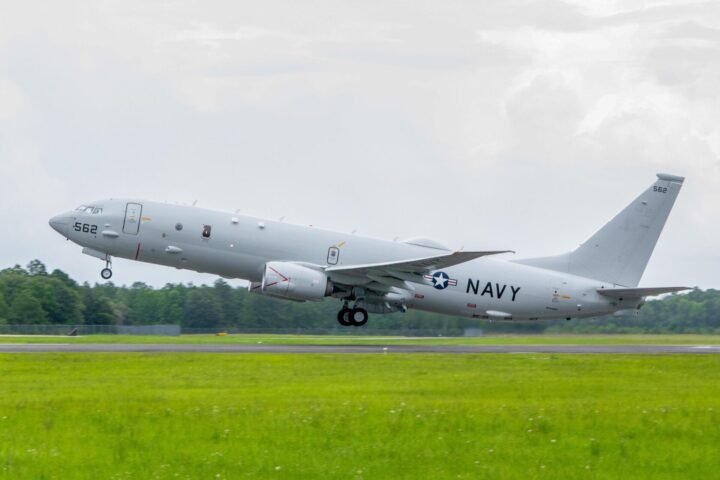
Completion of Increment 3 Block 2 Modifications for the US Navy’s P-8A Poseidon
Recently, the Naval Air Systems Command (NAVAIR) communicated the completion of the modifications envisaged by the…

